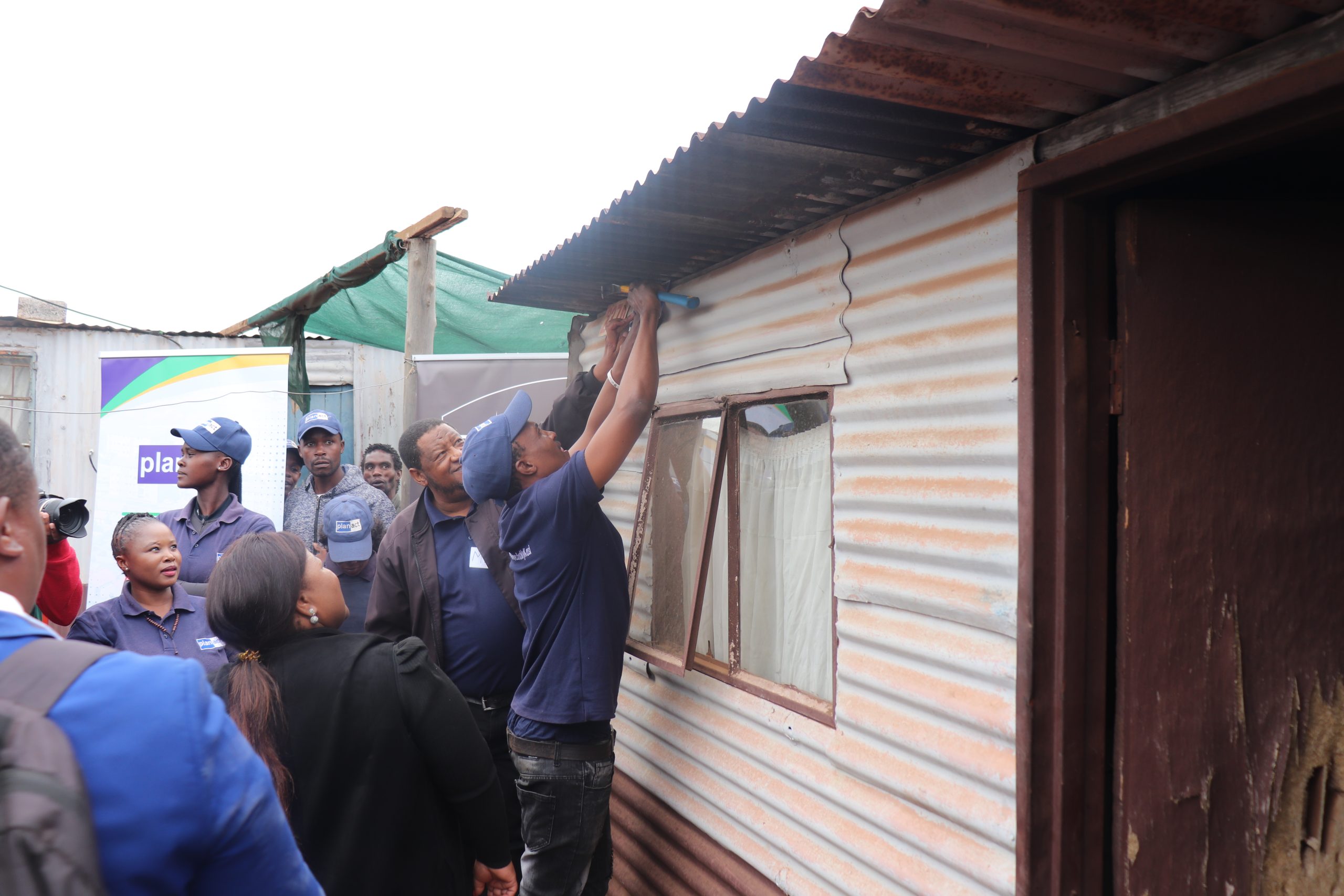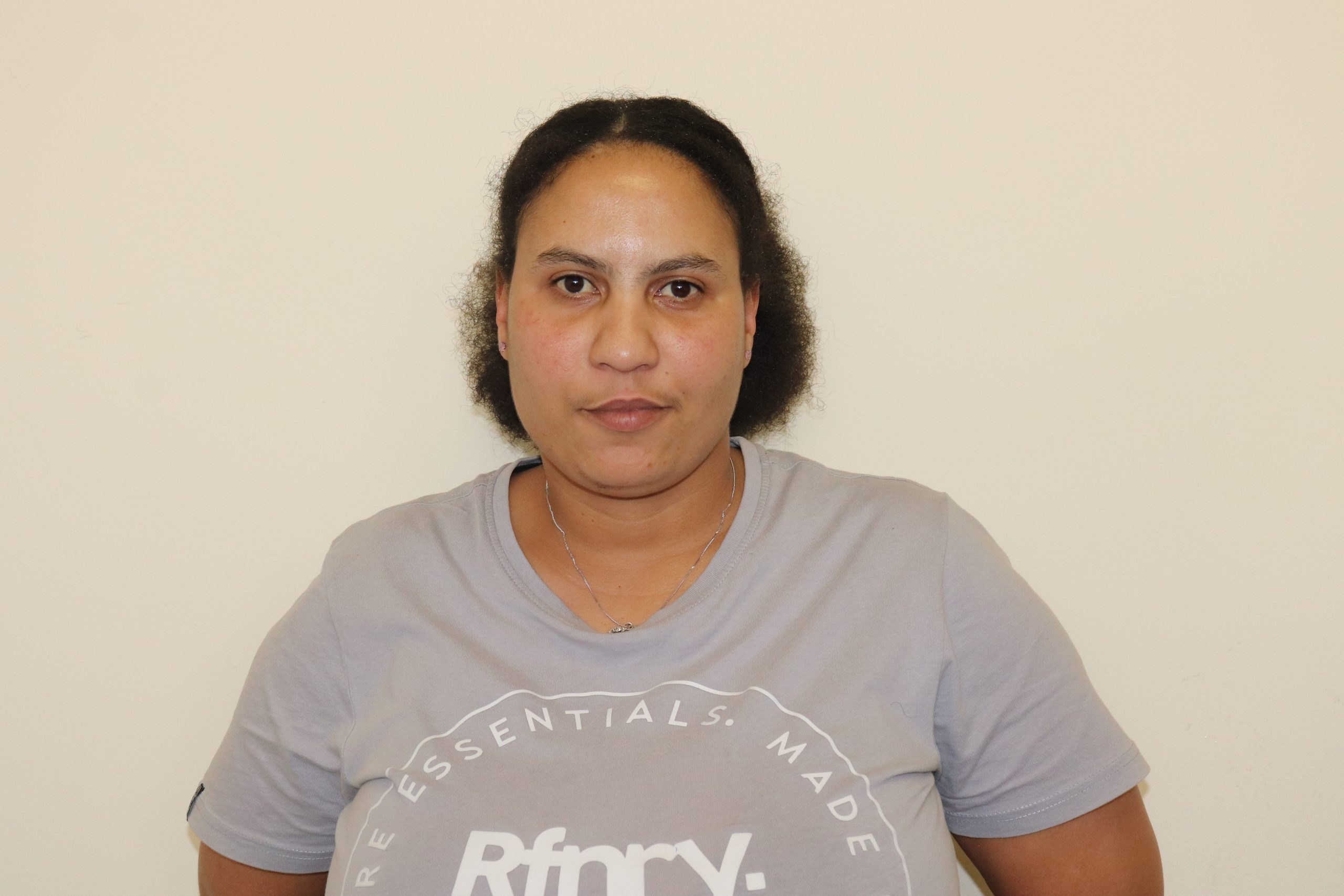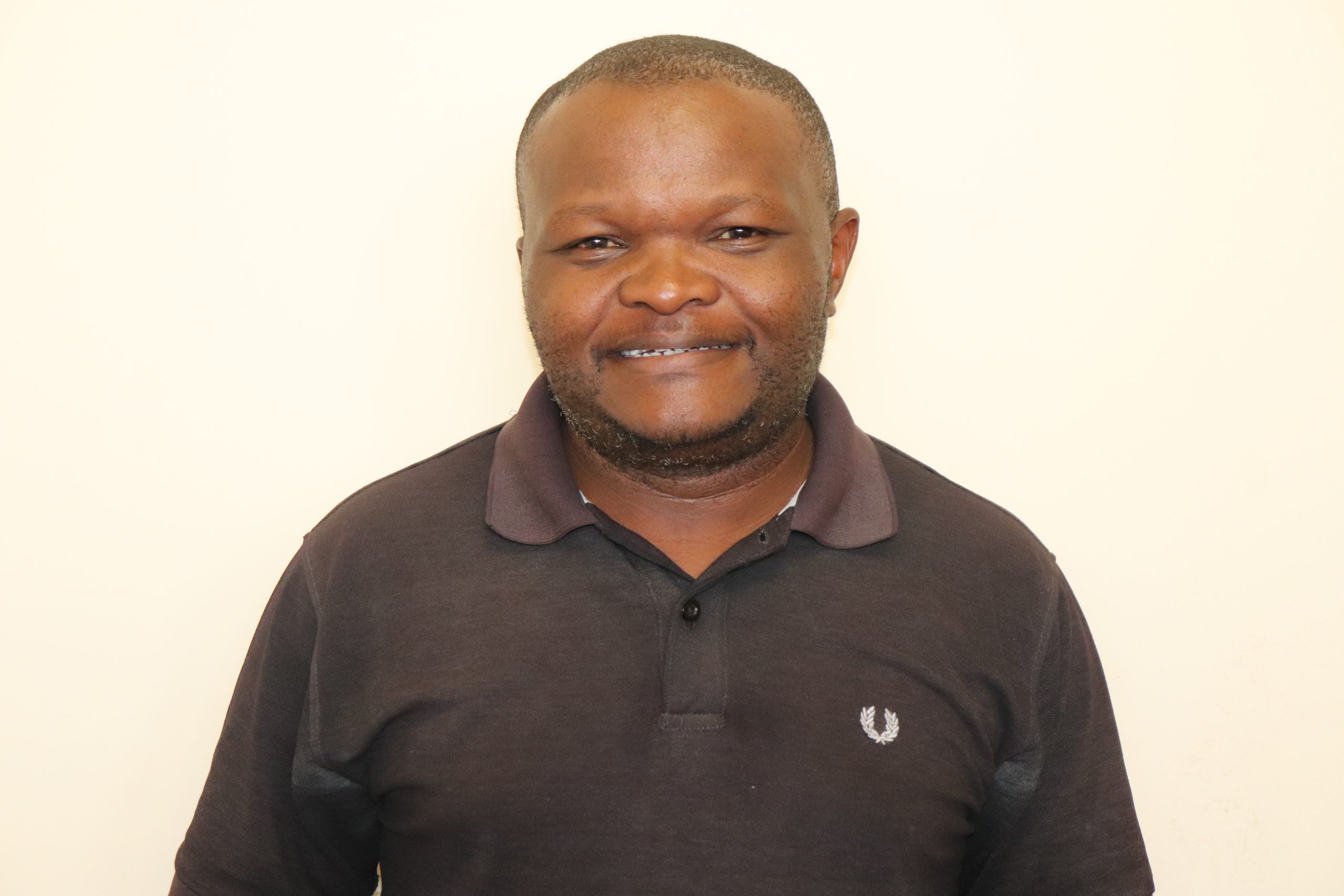About Us
Planact is a non-profit organisation based in Johannesburg, working on eliminating the exclusion of vulnerable communities in local government processes. In an effort to realise this objective, Planact advocates accountability of municipalities to their respective communities and promotes the inclusion of vulnerable communities in local government policy, processes and practice.
The organisation was established in 1985 as a voluntary association (then), of professionals who came together to assist the community organisations to advocate for alternative development plans to the authorities during the apartheid regime. Planact therefore, contributed significantly in shaping the history of local government and urban development in post-apartheid South Africa
Become a Partner
Volunteer
Donate To Us
Committed to a More Equitable Society
Our Mission
Our Vision
Our Identity
Planact is a non-governmental organization committed to holistic development for people living in vulnerable conditions, focusing on the areas of integrated human settlements and participatory governance. This we do through project development, technical advice, social facilitation, capacity development, research and advocacy, and networking.
Our Values
Our Board of Directors
The Board of Directors are responsible for providing overall strategic direction and policy approval, financial oversight and accountability, organisational sustainability and networking and currently consists of the following Directors:
Mr Seana Nkhahle
Professor Steven Friedman
Professor Marie Huchzermeyer
Ms Jackie Sejenamane
Ms Sejenamane is a local governance and spatial planning consultant.
Associate Professor Geci Karuri-Sebina
Associate Professor Karuri-Sebina is responsible for Digital Governance at the University of the Witwatersrand.
Mr Michael Kihato
Our Team Members
Working for Planact offers a unique and fulfilling opportunity to make an enduring contribution to urban development in South Africa. Planact currently has a staff component of sixteen employees, with seven staff members directly engaged in programme work and two staff members employed in administrative capacities. The organisation is hosting five interns for the purpose of contributing to their career development. Planact community encompasses partners and former employees, most of whom hold important positions in reputable institutions.
Executive Director
The Executive Director’s office is responsible for the effective and efficient operations of the organisation, while adhering to all the statutory requirements and the set organisational goals. This unit is made up of the Executive Director and the Operations Manager. It co-opts the Finance Manager when dealing with everyday management issues.
Frederick Kusambiza Kiingi
Executive Director
Tamzin Hudson
Operations Manager
Frederick Kusambiza Kiingi
Executive Director
Fred Kusambiza – Kiingi is the Executive Director at Planact and joined in January 2013. Prior to this appointment, he held employment in a non-governmental organization, an architectural consulting firm and a property development company.
He is an urban development planner with experience from the non-governmental (public) sector and private sector. He has undertaken assignments in various aspects of project planning, designing and development, in the urban and peri-urban forms. The assignments have dealt with developing inclusive urban economies, local governance development processes, alternative settlement development, architectural designing and management, as well as organizational development.
Specifically, he designed frameworks on concepts and models that have enabled citizens’ engagement with government institutions in local development processes, particularly in urban areas, to improve vulnerable citizens’ living conditions. He has led negotiations with selected metropolitan municipalities in South Africa, in planning and designing pathways leading to incremental improvement of informal settlements’ livelihoods mostly for vulnerable citizens living in urban areas. He has advised municipalities on alternative energy efficiency models for low cost-housing.
Fred has overseen the designing and development of non-profit organisations.
Fred holds senior degrees in housing & urban development as well as business administration studies.
Tamzin
Operations Manager
Tamzin Hudson is the Programme Manager at Planact and joined in September 2023. Prior to this appointment, she worked for Habitat for Humanity International as manager for policy and advocacy, responsible for African operations. She has expertise in land reform and tenure practices as well as informal settlement upgrading processes. Her career started in diplomacy working for South Africa’s Department of Foreign Affairs. At the National Democratic Institute for International Affairs, her focus was on women’s political participation and deepening and expanding democratic processes in Southern Africa.
Ms Hudson has a Master’s Degree in International Studies and an Honours Degree in Political Science from the University of Stellenbosch. She also has Master’s Degree in Business Administration. She has a Bachelor’s Degree in International Relations from the University of the Witwatersrand and also holds a Bachelor of Laws from UNISA.
Mike Makwela
Senior Programme Coordinator
Mike joined Planact in March 1999. He is responsible for planning, implementation and monitoring of programmes. He leads the team that is responsible for community relations. Mike is enrolled in part-time studies in Housing Masters at the University of the Witwatersrand. He is an accredited Trainer/Facilitator and Assessor. He has a diploma in Informal Settlement Upgrading obtained from the Institute for Housing Studies at the Erasmus University in Rotterdam. He also has a Certificate in Housing Policy Development and Management with Wits University. He has worked as a trainer in the local government field and been involved in the organisation’s major programmes including conduction training on governance. He has extensive experience liaising with government representatives and community leaders. Previously Mike worked for COPE Housing Association, an NGO involved in Social Housing as a project officer.
Shumani Luruli
Programme Coordinator
Siphiwe Segodi
Programme Coordinator
Siphiwe joined Planact in January 2018 as a Programme Coordinator. He is responsible for planning, implementation and monitoring of programmes.
Siphiwe has a Bachelor of Arts degree in Policy Studies and is currently pursuing BA Honours degree in International Politics with the University of South Africa. He has received training on ethical and accountable governance from Freedom House.
He has project management skills and 10 years of experience in community initiatives support work, including defending and promoting human rights. He is member of the Thembelihle Crisis committee – a community based organisation – since 2001.
Previously, Siphiwe worked as Project Officer for the Freedom of Expression Institute with the primary focus on coordinating a national grassroots Freedom of Expression Network advancing various struggles and projects.
Chelesile Ndlovu-Nachamba
Information & Resource Coordinator
Chelesile joined Planact in April 2016. She is responsible for coordinating communication and resources, branding and stakeholder engagement as well as advocacy campaigns for Planact’s programmes.
Chelesile is currently pursuing an LL.M Degree in Law, State and Multilevel Government with the Dullah Omar Institute at the University of the Western Cape. She recently completed her Post Graduate Diploma in Public Law (Local Government) with the same university. She also has a BSc Honours degree in Journalism and Media studies. She has a certificate in Development Communication from the University of the Witwatersrand as well as social media management and stakeholder engagement.
Her key function includes crafting advocacy campaigns, content creation, brand management, publications, stakeholder relations and media liaison.
Previously, Chelesile has worked for non-profit organisations focused on developing high level skills for biodiversity in South Africa and another promoting democracy, governance and human rights, as a Communications Officer.
Wetu Memela
Programme Coordinator
Wetu provides assistance in programme coordination and is involved in project components that the organisation implements.
Wetu has completed her Bachelor of Science, as well as, an Honours Degree in Urban and Regional Planning at the University of Witwatersrand. She is currently completing her Masters in Development Planning from the same university. She is passionate about development issues and eager to gain the experience and knowledge in order to register as a professional planner.
Bafana Tshabalala
Assistant Programme Coordinator
Bafana joined Planact in June 2019 on an internship programme. He provides support to programme coordinators, communication and resources.
Bafana has completed his National Diploma in Public Relations and Communications at the University of Johannesburg. He is currently completing his online certificate course on Street Addressing and the Management of Cities with the World Bank Group – Open Learning Campus.
Bafana is passionate about learning new things which will contribute to his experience in the Civil Society Sector and also bring change in the lives of people living in unproclaimed areas.
Hlengiwe Mbambo
Assistant Programme Coordinator
Hlengiwe has obtained a Bachelor of Science Honors in Urban and Regional Planning, at the University of the Witwatersrand.
Hlengiwe has a student mentality and is always eager to learn and improver her professionalism and capacity.
Linda Zondi
SEF Payroll Officer
Linda has worked for 14 years in the airline industry as a travel agent and later as an HR assistant / Payroll officer for Air France/KLM. With her administrative experience, Linda was appointed to work on the Payroll for the Social Employment Fund (SEF) Project.
Shaunita Jacobs
SEF Site Coordinator
Shaunita has 5 Years of administration experience from Nampak Glass. Shaunita holds a higher certificate in Business Administration. Shaunita was appointed to work as a Coordinator for the Social Employment Fund (SEF) Project.
Bongani Sibaya
SEF Site Coordinator
Bongani has over 5 years’ experience in community leadership and development. He has previously worked with Grassroot, Amandla.mobi and with Asivikelane. Bongani gained experience in organizing in-person and on-line campaigns, especially during the Covid period. Bongani was appointed to the Social Employment fund projects to Coordinate project activities in the City of Ekurhuleni area.
Zikhona Moloi
SEF Admin Coordinator
Zikhona has volunteered for the City of Ekurhuleni under the community emergency response team. She holds a Diploma in IT Programming from Rosebank College and Civil Engineering and Building Studies vocational certificate from the Ekurhuleni West College. She has worked as a Civil Engineering intern and is currently an admin coordinator for the Social Employment Fund (SEF) Project.
Nonjabulo Magubane
Intern
Nonjabulo recently joined Planact in February 2023 on an internship programme.
Nonjabulo has completed her Bachelor of Science, as well as, an Honours Degree in Urban and Regional Planning at the University of Witwatersrand. She also hold a National Diploma in Land Surveying (Geomatics) which she completed at Tshwane University of Technology. She is passionate about development issues and eager to gain the experience and knowledge in order to register as a professional planner.
Lusaphetho Sibeli
Intern
Lusaphetho joined Planact in February 2024 on an Internship Programme.
Lusaphetho, a proficient urbanist and planner with a focus on developmental interventions that advance the needs of marginalised or less-privileged communities through community engagement and localised economic development.
Lusaphetho obtained both her undergraduate and honours qualifications in BSc Urban and Regional Planning from the University of the Witwatersrand. Lusaphetho believes that the ultimate goal is to help create living spaces that reflect the essence of the community while also yielding the utmost utility.
Kiara Britton
Intern
Kiara recently joined Planact in January 2024 on an Internship Programme.
Kiara has recently completed her Bachelor of Science and Honours Degree in Urban and Regional Planning at the University of the Witwatersrand. Her interests lie in the policy, urban governance, and urban design. Her interest in the internship programme includes gaining practical skills and exposure involving interactions and processes in project work with communities.
Thandeka Bosman
Intern
Thandeka joined Planact in April 2024 on an Internship Programme.
She obtained both her undergraduate and honours degree in BSc Urban and Regional Planning at the University of Witwatersrand.
Thandeka believes in the power of community engagement and inclusive decision-making processes. She is on a mission to foster genuine connections between citizens and their governments. She is also passionate about improving basic service provision and directs her energy into initiatives that enhance the quality of life for all residents. From revitalizing public spaces to advocating for equitable access to essential services, is her goal to build more resilient and inclusive communities.
She is eager to gain experience and insights that will empower her to make an even greater difference in the world of urban planning.
Shannon Fisher
Intern
Shannon joined Planact in April of 2024 on an Internship Programme.
Shannon is an Honours graduate with distinction in Urban and Regional Planning from the University of the Witwatersrand. She is passionate not only about urban design, but the influence and power that design has in producing transformative spaces. Shannon’s research and interests involve urban design, people-centred design, participatory planning, public spaces, digital mapping tools and technologies and creating inclusive spaces for all people.
Shannon is eager to explore the role of urban design and urban planning in creating transformative spaces, and leveraging digital mapping tools and technologies to achieve these spaces. Shannon has worked in a myriad of spaces, from art exhibitions to two ‘Change by Design’ internships, as well as a university tutoring position. She looks forward to drawing from these experiences and translating them into long-lasting and sustainable change and practice.
Spiro Paxinos
Financial Manager
Spiro joined Planact in 2003.
Spiro is responsible for the overall financial management of the organisation. He is also responsible for organisational administration and policy matters. He provides essential support for developing and monitoring
He holds a Bachelor of Social Science degree from the University of Cape Town and a Diploma in Bookkeeping. He has 20 years of experience in accounting and financial management which includes commercial and micro-lending experience.
Tshidi Morotolo
Office Administrator
Tshidi joined Planact in 1995.
Tshidi is responsible for providing day to day administrative support, including financial monitoring, human resource administration, equipment resource allocation, information and communication systems, logistics and travel arrangements, record keeping and secretarial support for meetings. She holds a Diploma in Basic Bookkeeping and Pastel Accounting.
Programme Staff Members
Mike Makwela
Senior Programme Coordinator
Shumani Luruli
Programme Coordinator
Siphiwe Segodi
Programme Coordinator
Chelesile Ndlovu-Nachamba
Information & Resource Coordinator
Wetu Memela
Programme Coordinator
Bafana Tshabalala
Assistant Programme Coordinator
Hlengiwe Mbambo
Assistant Programme Coordinator
Linda Zondi
SEF Payroll Officer
Shaunita Jacobs
SEF Site Coordinator
Bongani Sibaya
SEF Site Coordinator
Zikhona Moloi
SEF Admin Coordinator
Nonjabulo Magubane
Intern
Lusaphetho Sibeli
Intern
Kiara Britton
Intern
Thandeka Bosman
Intern
Shannon Fisher
Intern
Administrative Staff Members
The administration unit provides support to the entire organisation and links Planact to the external stakeholders. It is made up of three staff members.
Spiro Paxinos
Financial Manager
Tshidi Morotolo
Office Administrator
Current Donors
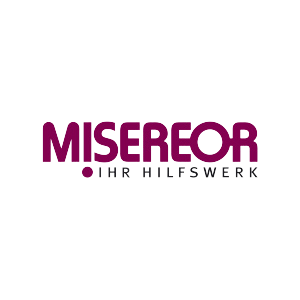
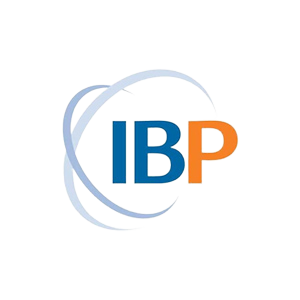
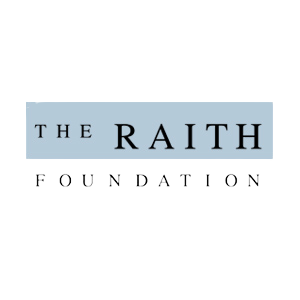
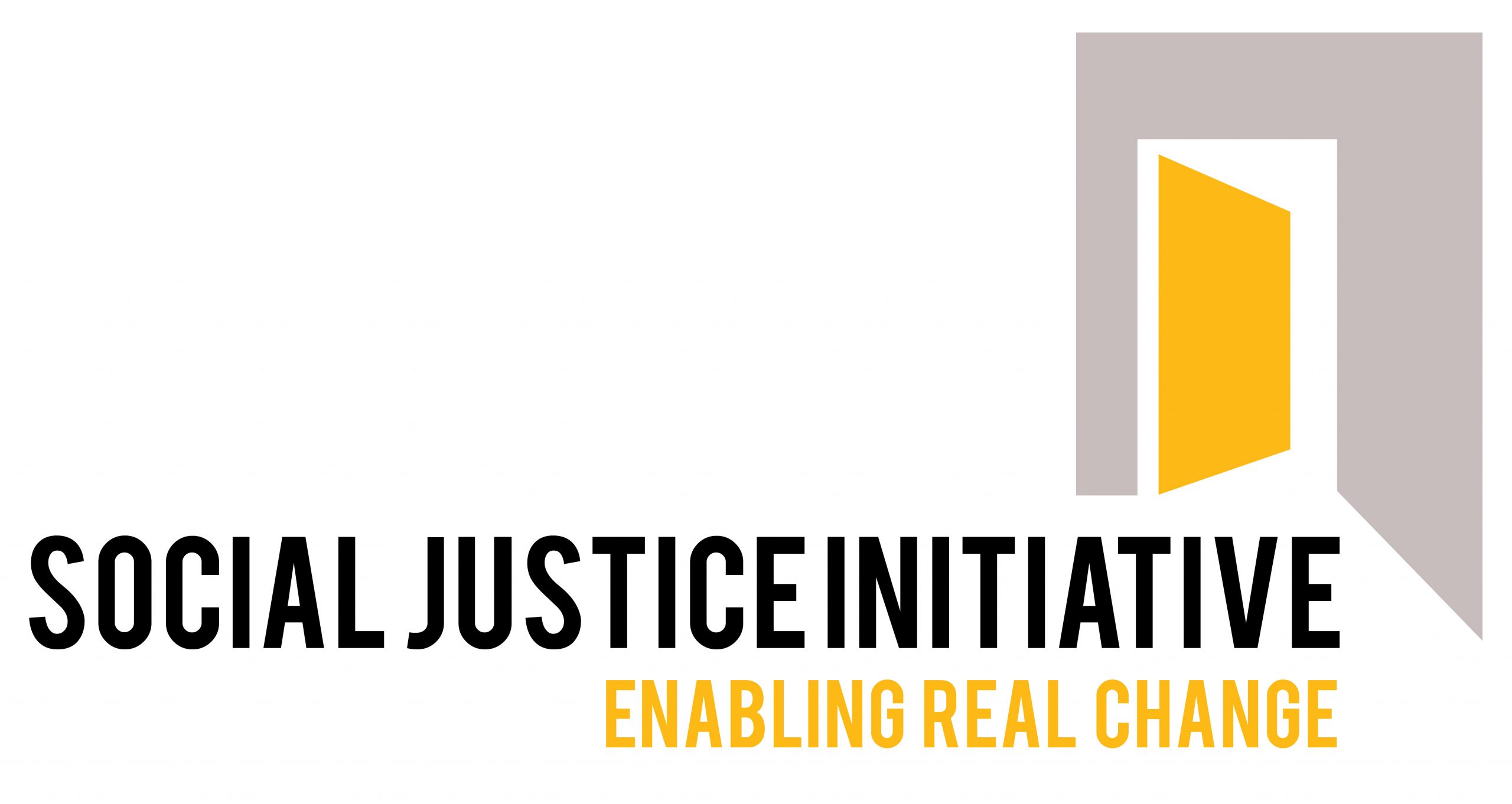
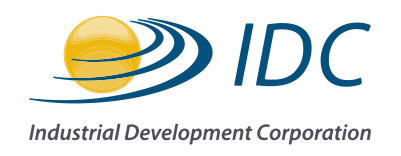
International Network Partners
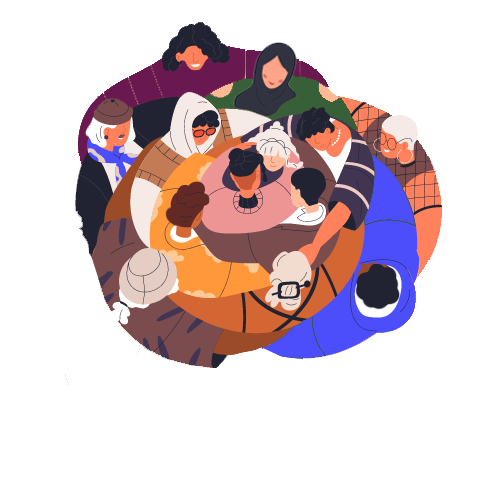

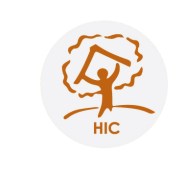
![]()
Local Network Partners










Past Donors
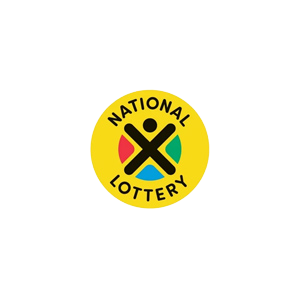
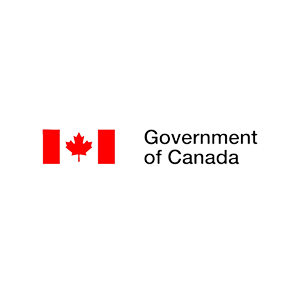
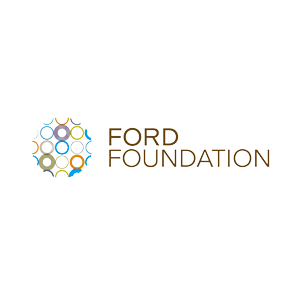

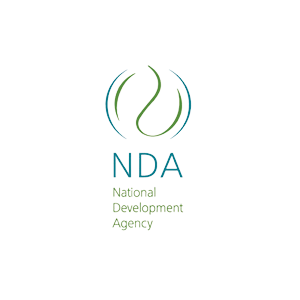

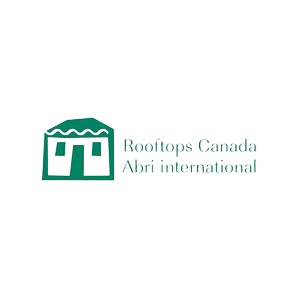

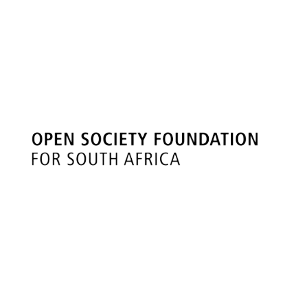
Network Partners
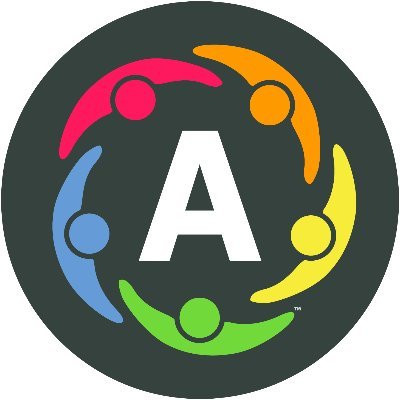





Partner Communities
City of Johannesburg Metropolitan Municipality, Gauteng
- Greater Sophiatown
- Orange Farm
- Orlando East, Soweto
- Thembelihle Informal Settlement
City of Ekurhuleni Metropolitan Municipality, Gauteng
- Etwatwa Informal Settlements
- KwaThema Informal Settlements
- Tembisa Informal Settlement
- Tsakane Informal Settlements
- Vosloorus Informal Settlements
- Wattville Informal Settlement
City of Tshwane Metropolitan Municipality, Gauteng
- Kameeldrift, Pretoria
Emalahleni Local Municipality, Mpumalanga
- Spring Valley
- Masakhane
- El Paso
- Coronation
- Benicoal
- Mgewana
- Lindokuhle

